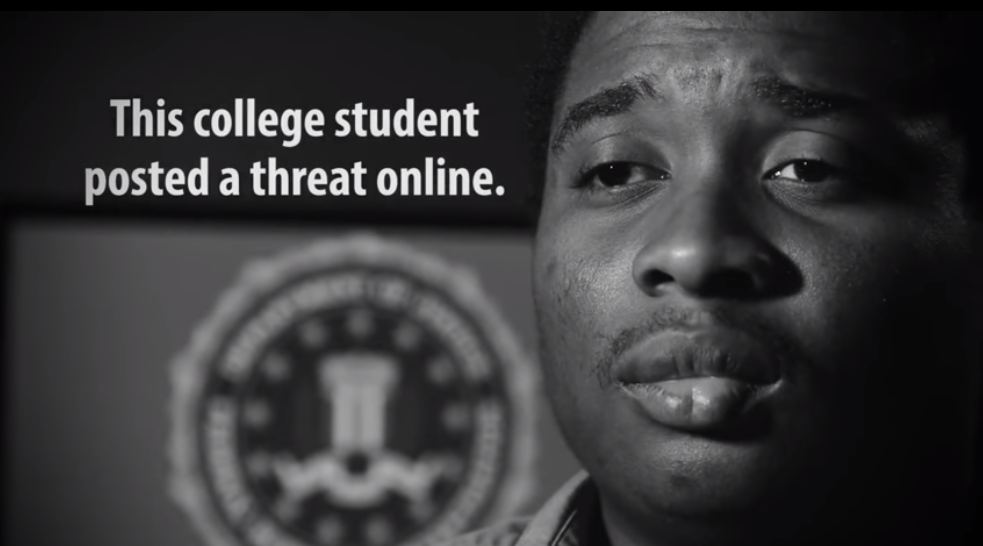
The Federal Bureau of Investigation (FBI) has relaunched a public awareness campaign to educate the public about the consequences of making school threats and remind community members hoax threats are not a joke.
Federal, state, and local law enforcement agencies follow up on every tip we receive from the public and analyze and investigate all threats to determine their credibility. Making false threats drains law enforcement resources and cost taxpayers a lot of money. When an investigation concludes there was a false or hoax threat made to a school, or another public place, a federal charge could be considered, which carries a maximum sentence of five years in prison. If a federal charge is not warranted, state charges can be considered.
“It is important for the community to understand that making threats against schools or other public places can result in felony convictions at the state or federal level,” said M. A. Myers, special agent in charge of the FBI in middle and west Tennessee.
Public assistance is crucial to our efforts to curb these hoax threats. We ask that the public continue to contact law enforcement to report any potential threats or suspicious activity. If there is any reason to believe the safety of others is at risk, we ask that the public immediately reach out to their local police department by calling 911, or contact the FBI via tips.fbi.gov or over the phone (1-800-CALL-FBI). As always, members of the public can call the FBI Memphis Field Office (1-901-747-4300) to report a tip.
Early intervention can prevent a situation from escalating. Remember, if you see something, say something. Hoax threats are not a joke, so think before you post! What Should You Do to Help?
- Don’t ever post or send any hoax threats … period.
- If you are a target of an online threat, alert your local law enforcement immediately.
- If you see a threat of violence posted on social media, immediately contact local law enforcement or your local FBI office.
- Notify authorities, but don’t share or forward the threat until law enforcement has had a chance to investigate—this can spread misinformation and cause panic.
- If you are a parent or family member, know that some young people post these threats online as a cry for attention or as a way to get revenge or exert control. Talk to your child about the proper outlet for their stress or other emotions and explain the importance of responsible social media use and the consequences of posting hoax threats.


Chattooga Local News
Felon who robbed a Fort Oglethorpe restaurant sentenced to 11 years in prison

Chattooga Opinions
The Joy the Journey: Our True Champion

Bulloch Public Safety
01/26/2026 Booking Report for Bulloch County

Bulloch Public Safety
02/09/2026 Booking Report for Bulloch County

Bulloch Public Safety
02/16/2026 Booking Report for Bulloch County

Bulloch Public Safety
02/02/2026 Booking Report for Bulloch County

Bulloch Public Safety
01/30/2026 Booking Report for Bulloch County







